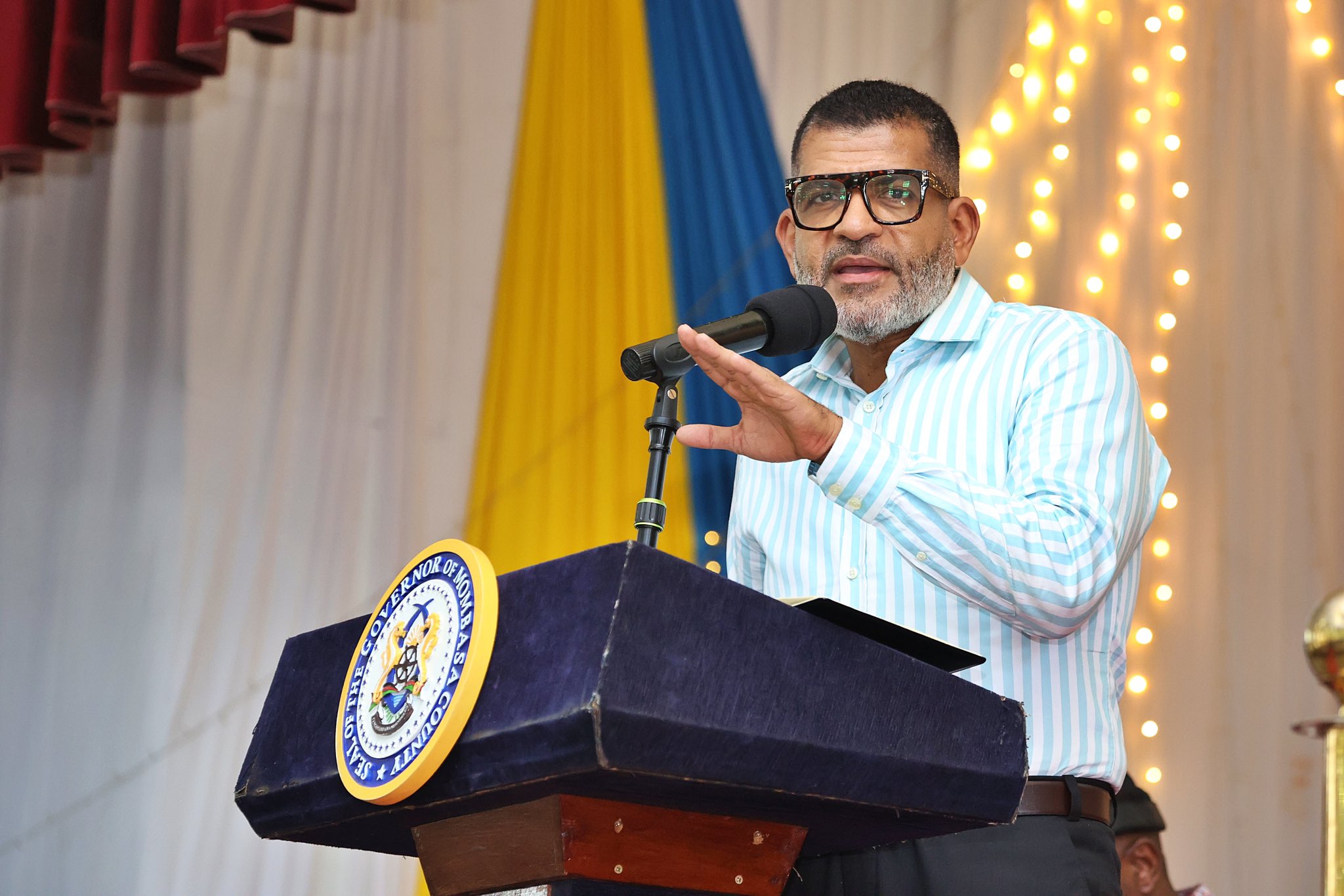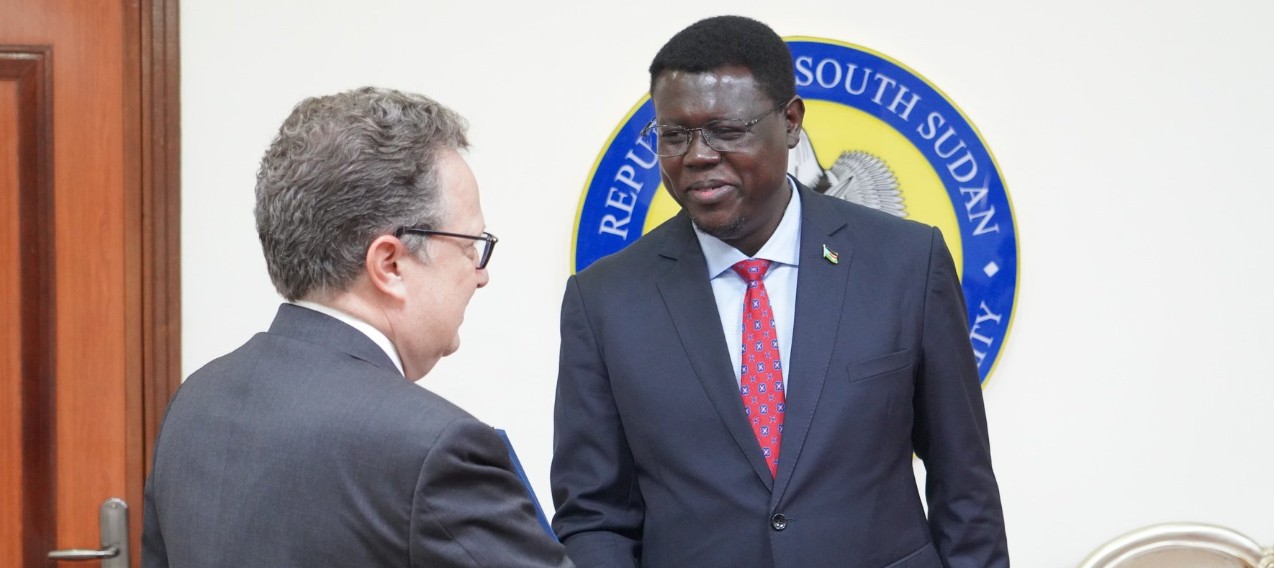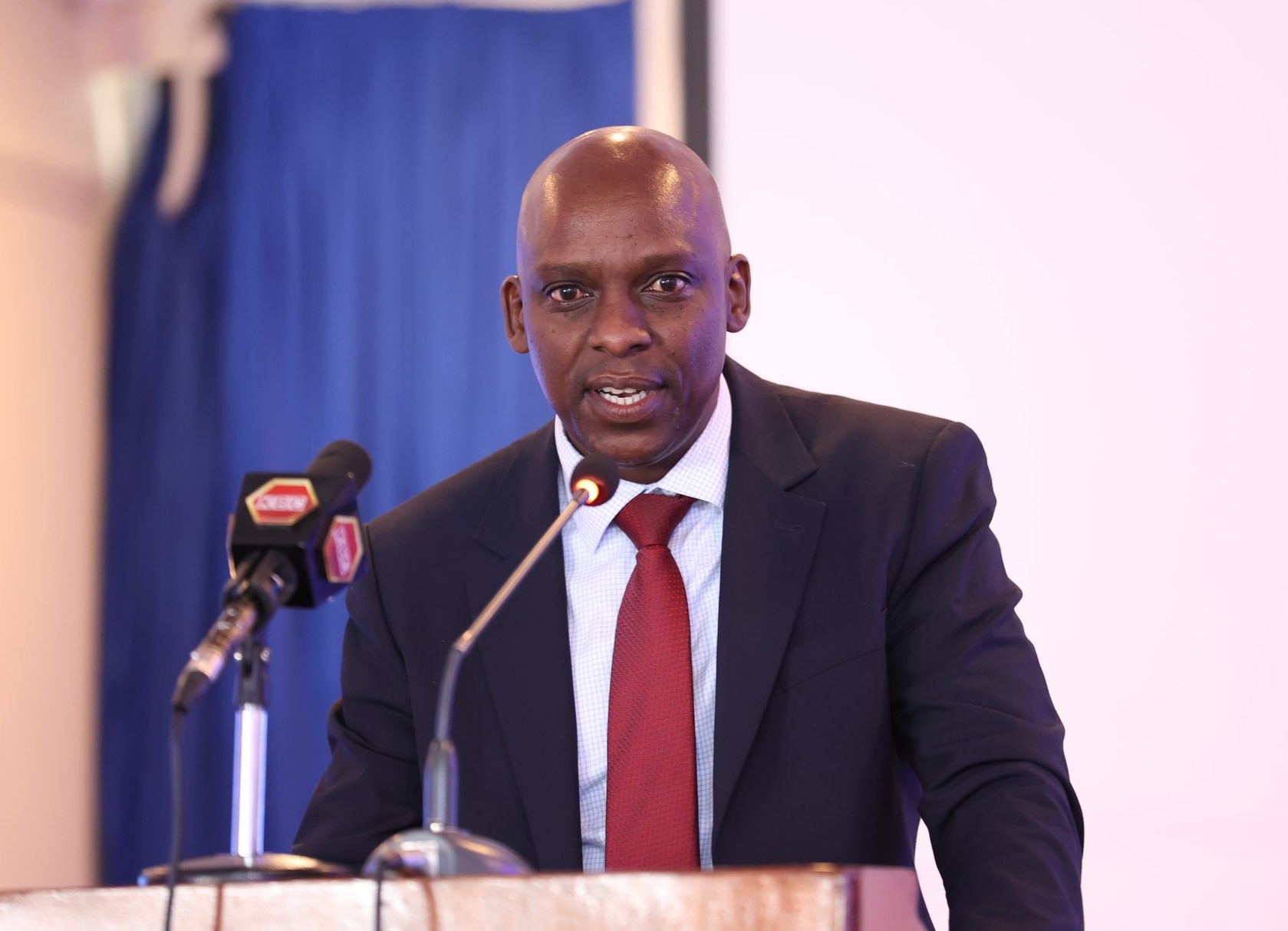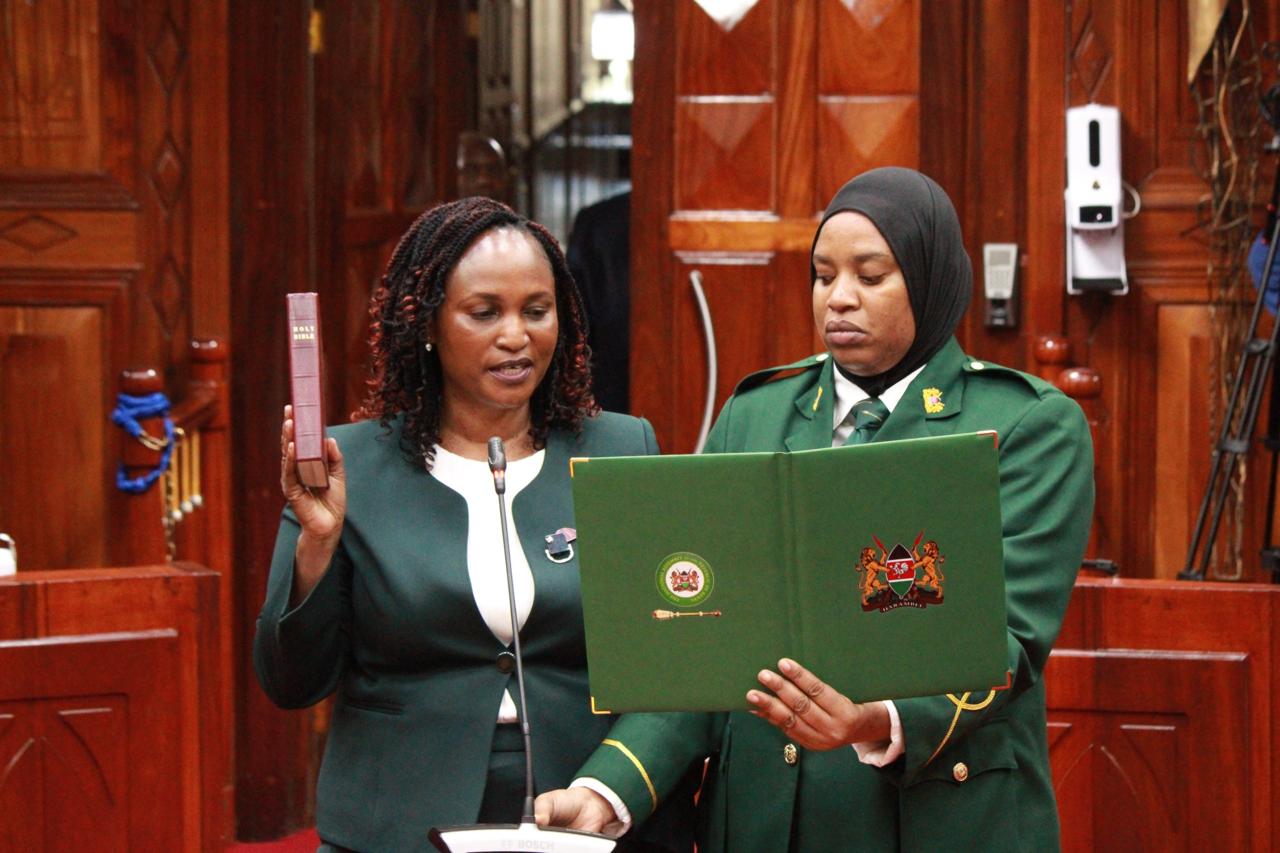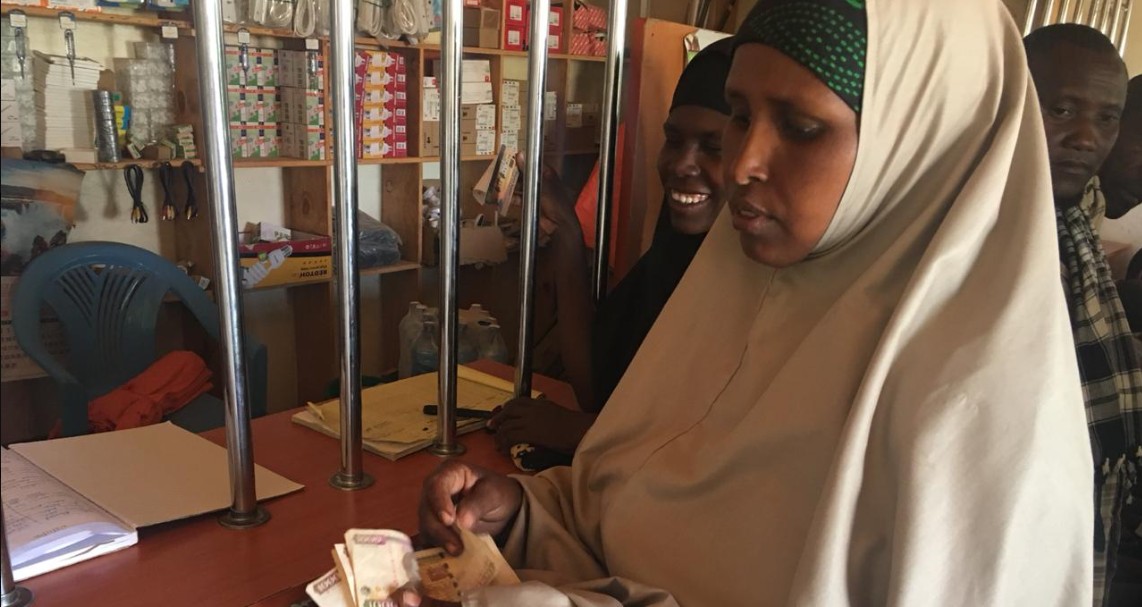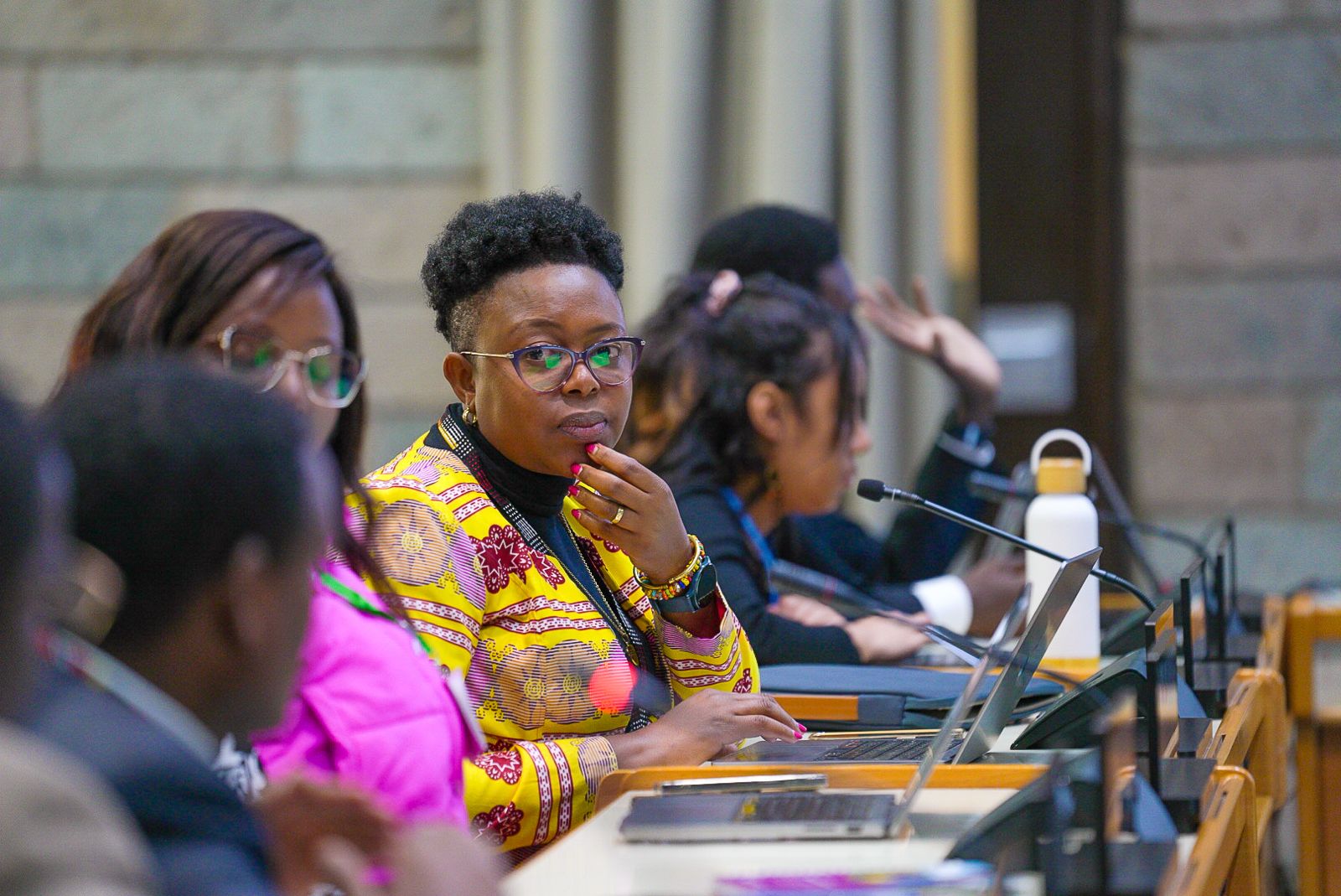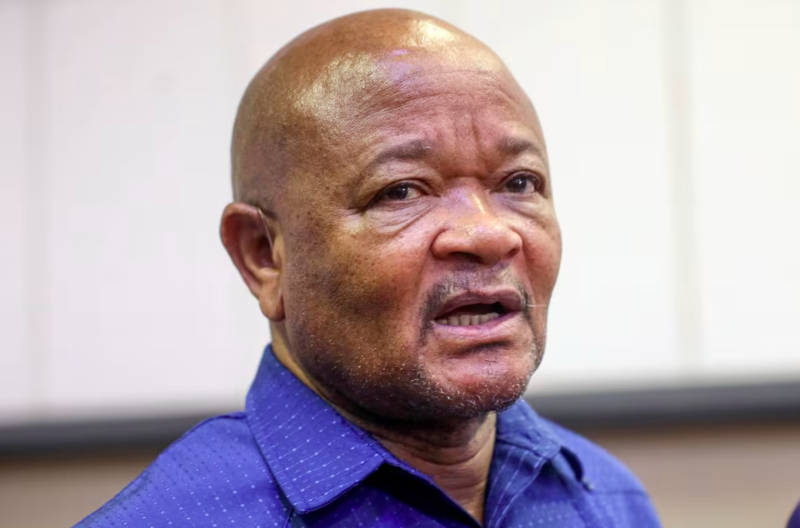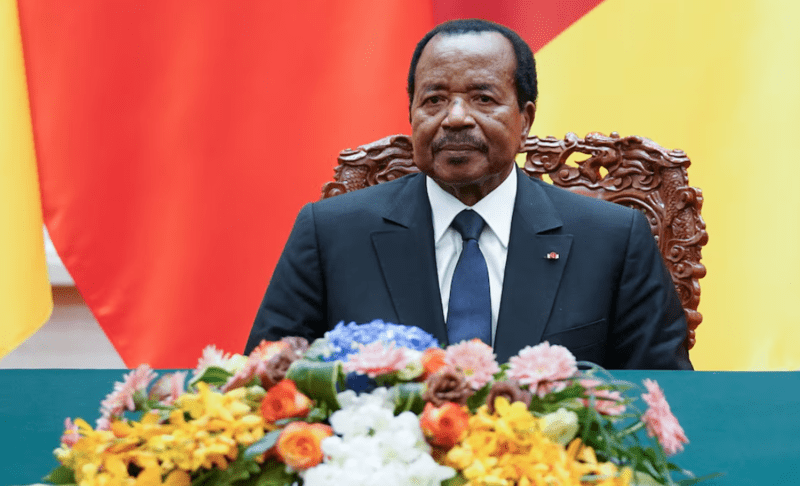Social media uptake surges during anti-govt protests, CA report reveals
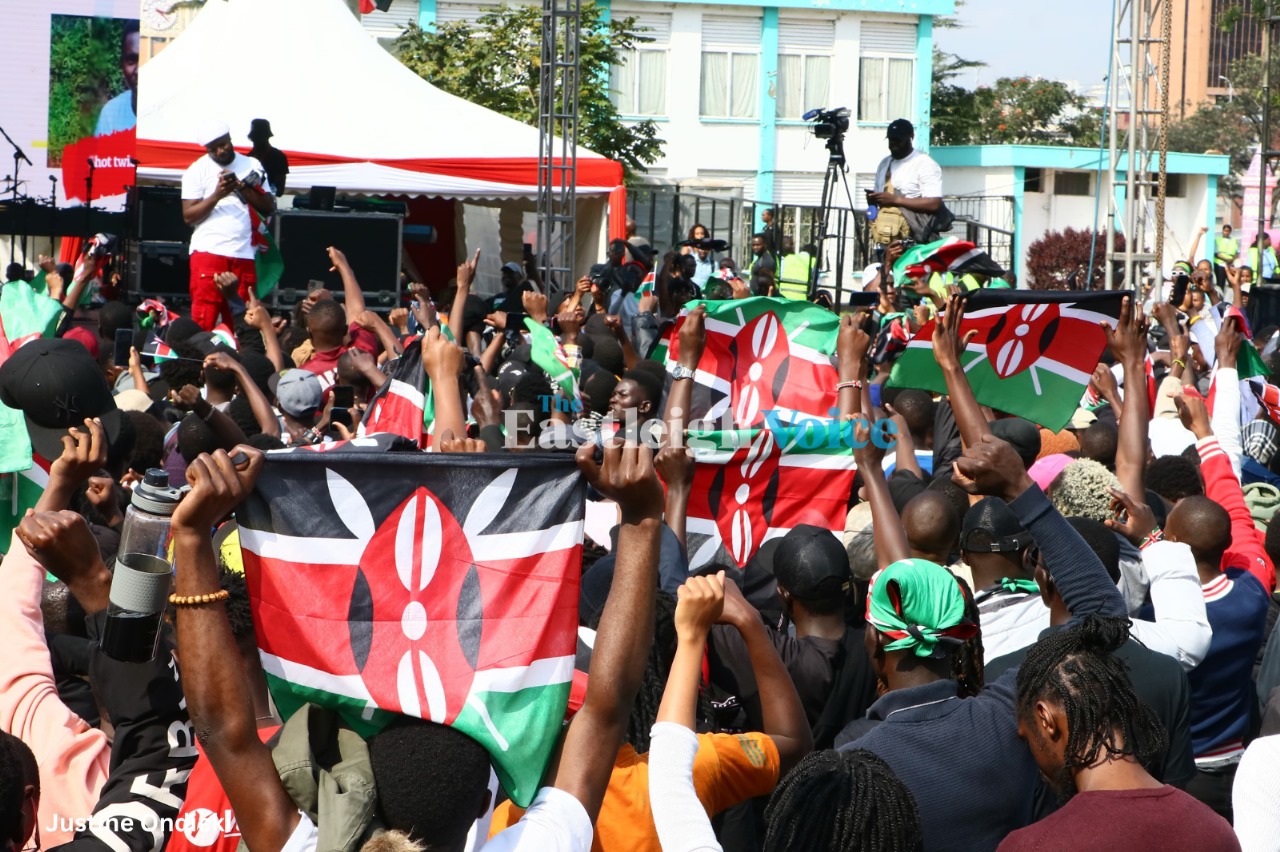
The prevalence of Facebook and WhatsApp in social media mentions highlights their extensive adoption and influential presence in the Kenyan digital landscape.
The protests led by Kenya's young population have caused a sharp rise in the uptake of several social media platforms by Kenyans who want to follow and get updates on the happenings in real-time.
The surge in the use of social media platforms is informed by the fact that the protests staged by the Zoomer generation (Gen Z) have been largely organised and mobilised on digital platforms.
More To Read
- NCIC blames youth exclusion, poor leadership for deadly Gen Z protests, urges national dialogue
- Ex-Interior CS Matiang’i blames NIS for failing to detect hired goons in anti-government protests
- Ministry of Health waives medical bills for Nairobi protest victims
- How artificial intelligence deepfakes, disinformation could shape Kenya’s 2027 elections
- X officially bans hashtags in all promoted posts
- NPSC urges peaceful protests and police restraint as protests turn chaotic across Kenya
Facebook, which is the favourite of users in the country, is now used by over half of Kenyans, marking the first time a social media app has crossed the 50 per cent mark in uptake, this is according to fresh data from data the Communications Authority of Kenya (CA).
Other social media platforms like WhatsApp, TikTok and Twitter have equally recorded a rise in consumption, especially during the period there have been protests against President William Ruto's administration.
"Facebook and WhatsApp stand out as the top social media platforms in Kenya. Following closely in popularity, TikTok and YouTube secured the third and fourth positions. The prevalence of Facebook and WhatsApp in social media mentions highlights their extensive adoption and influential presence in the Kenyan digital landscape," notes the report.
According to the David Mugonyi-led authority, during the quarter to June this year, Facebook usage registered a 2.6 per cent rise to 52 per cent, from the previous quarter's 49.5 per cent, marking a cumulative rise of 6.8 per cent since July last year.
TikTok rise
Preference to the popular video-sharing platform Tik-Tok also rose exponentially in the period, recording 28.1 per cent from the previous quarter's 23 per cent, hence a representation of a 5 per cent rise and a cumulative 8.8 per cent increase since last July.
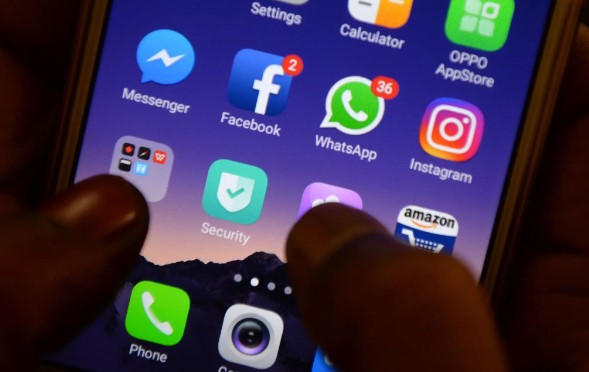 A view of social media apps on a smart phone. (Photo: Arun Sankar/AFP/Getty Images)
A view of social media apps on a smart phone. (Photo: Arun Sankar/AFP/Getty Images)
For the messaging Application WhatsApp, its usage rose by 1.5 per cent to 48.5 per cent of the population aged 15 and above, while X (formerly Twitter) users increased by 2.1 per cent to 12.8 per cent of the population.
However, some social media platforms recorded a drop in consumption. Instagram, Telegram and LinkedIn have failed to gain polarity with many Kenyans probably because of their professional nature of content sharing. Each of the platforms had been used by at most 13 per cent of the population.
Consequently, the rise in the uptake of the other mainstream platforms was accompanied by a surge in internet accessibility, especially among the Gen Z age group and younger Millennials (ages 18 to 34).
In the same period of the survey, the proportion of Kenyans aged 18 to 24 who got access to the internet shot to 78 per cent from 77 per cent the previous quarter, while those aged 25 to 34 increased to 68 per cent from 67 per cent, according to the CA data.
The report also indicates that access to the internet through smartphones also surged by over 10 per cent to 98.6 per cent from 87.2 per cent the previous quarter, indicating increased use of the internet for leisure purposes such as social media.
"The increased prevalence of internet access in Kenyan urban areas can be attributed to well-established infrastructure, featuring a comprehensive network of high-speed broadband and cellular connectivity. Additionally, urban areas have better socioeconomic resources, fostering greater penetration of digital devices and technology adoption compared to rural regions. Higher Living Standards Measure (LSM) scores are associated with increased internet usage," notes the report.
Top Stories Today



